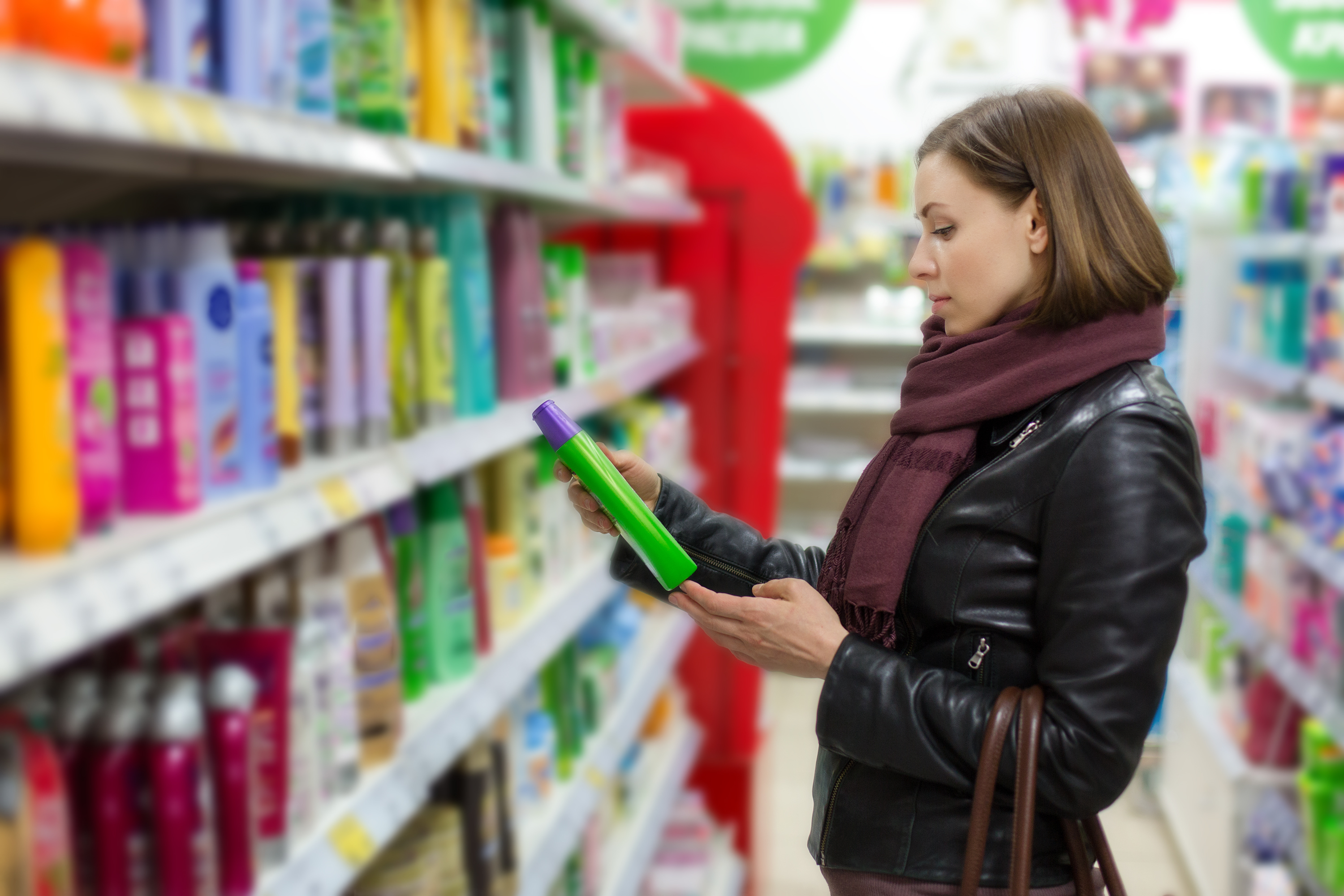Q. Dear Umbra,
A lot of the body care products we use (or should be using) have natural ingredients and presumably few preservatives. Doesn’t this automatically give them a short shelf life before they become yummy petri dishes for bacteria and fungi? I can make, for example, a bottle of shampoo last for months. I cannot bear to toss them or pour ’em down the sink, so try to use ’em up. What does it all mean?
Erin M.
Bellingham, WA
A. Dearest Erin,
What a provocative question. What does it all mean? To even begin to answer it, I’ll have to gather my notes on society’s unrealistic beauty standards, self-image as it relates to physical appearance, feminism’s take on lipstick, and why on Earth we invented that medieval torture device known as an eyelash curler. Really, entire books have only scratched the surface of this issue … oh, hold on. Re-reading your question, I see you’re actually asking about the meaning of preservatives in beauty products. Now that we can discuss without my preparing a thesis first.
As you imply, Erin, most beauty products contain some kind of preservative. There’s a good reason for that, which you also note: Without one, our lotions, shampoos, and other various goops would indeed start growing bacteria, fungi, yeast, or mold in short order, which could cause unpleasant infections when we slather them on our skin and near our mucus membranes. (Pinkeye is so not in this season.) This is true even of organic or “natural” beauty products: Without any preserving agent at all, we would need to keep our cosmetics in the fridge and use them within a few days.
So, “Three cheers for preservatives”? Not exactly. Most conventional beauty products solve the spoilage problem with synthetic antimicrobial substances, namely, parabens. About 85 percent of cosmetics contain parabens because they’re cheap and effective in small amounts. But alert readers may recall that we’ve had sharp words for parabens in the past: They’re suspected endocrine disruptors that can linger in our tissues, and it’s not clear just what kinds of damage they might do long term. The FDA asserts that parabens are OK in the tiny doses contained in beauty products, but critics point out that the average person uses multiple products every day, increasing our cumulative exposure. My two cents: If you’re part of the better-safe-than-sorry crowd, these chemicals are a smart skip. Luckily, they’re easy to identify: Read ingredient labels and say no to anything that ends with –paraben.
You’ve probably noticed some greener beauty brands advertising that they’re paraben-free. That doesn’t mean preservative-free, though: Instead, these companies typically use another kind of synthetic preservative, often phenoxyethanol. We don’t know much about this chemical’s health effects, but it is restricted in Japan, which makes some people nervous about its safety.
This brings us back to the original problem: How can we keep our personal products bug-free without dousing ourselves in synthetic preservatives? Natural preservatives do exist, including the likes of turmeric, grapefruit seed extract, rosemary, neem oil, honey, and citric acid. But these don’t work as well as their human-made cousins, at least with today’s cosmetic chemistries: It takes a lot more of them to be effective, which can mess with the product’s texture or smell. Even when they are used successfully, they spoil faster than their synthetic brethren, so you’ll have to mind your product expiration dates. And even the most natural-leaning companies might still end up using a small amount of synthetic preservative to get the job done.
So what’s a body to do? If avoiding preservatives is important to you, this fact may cheer you up: Only water-based products (think shampoo, lotion, and cream) need preserving. Salves, powders, waxes, dry shampoos, and oil-based body butters naturally do not promote microbial growth, so companies can whip them up sans the stay-fresh sauce. Might some of those fit into your beauty regimen? You could also try making your own shampoo in small batches, or follow one of the Grist staff’s tried-and-true beauty secrets. (If you haven’t perused Grist’s special series on this topic, Pretty, Complicated, I encourage you to check it out.)
If you do find yourself shopping for product with a shelf life, look for paraben-free, natural-as-possible options, and buy only what you need to avoid waste. Finally — and this would do all of our bodies good — try to limit the number of different elixirs you apply to yourself on a given day. You’ll minimize your exposure to some of those questionable additives, save money, reduce packaging waste, and maybe even strike a blow for more realistic beauty norms. Which reminds me … have I shared my thoughts about lipstick yet?
Prettily,
Umbra




